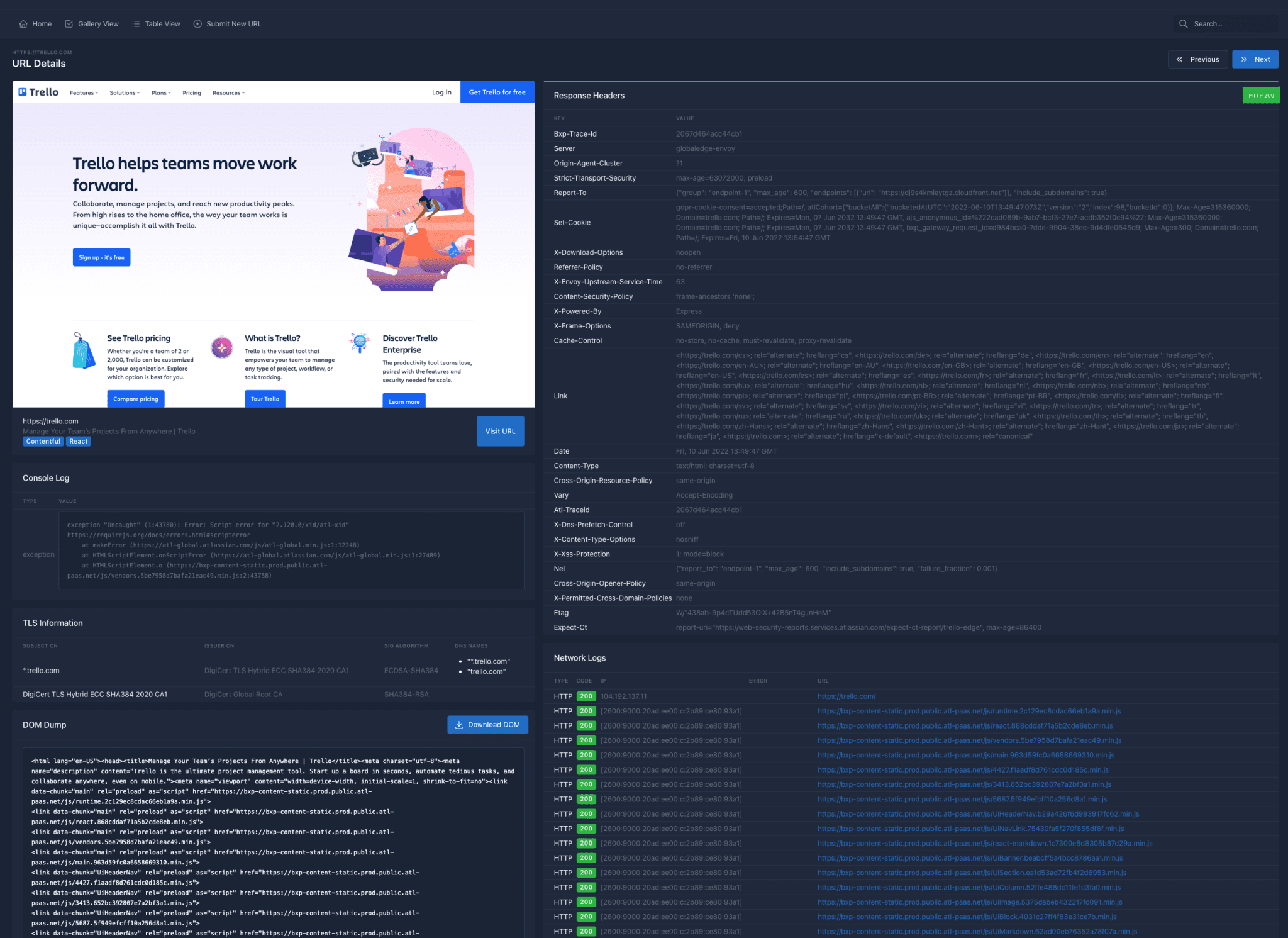Tidbits on Data Center Types Available For Your Company’s Data Storage
Data currently forms an essential element of decision making in almost all business spheres. To make the right choices, you rely on large volumes of data. This data can be hard, if not impossible, to store on your computers. When dealing with vast data volumes, you need a data center.
In its simplest definition, a data center is a physical facility used by organizations to house their data and crucial applications. Its design depends on the network of storage and computing resources that support the delivery of data and shared applications. The center’s critical components include switches, storage systems, firewalls, application delivery controllers, routers, and servers.
A data center will centralize your organization’s IT equipment or operations and manage, share, and store data. The benefits you get from this investment nonetheless primarily depend on choosing the right center type. Here are guidelines on what different data center types entail to ease your choice.
Hyperscale Data Center
This is also called an enterprise hyperscale facility. It is owned and operated by its supporting company such as Google, Apple, Microsoft, IBM, and Amazon. Hyperscale data centers offer scalable, robust applications, and storage services for diverse business sectors. They are the ideal choices for big data, and cloud storage and their demand is expected to accelerate in the coming years.
These data centers have at least 500 storage cabinets and sizes of more than 10000 square feet. They host at least 5000 servers that are linked with a high fiber count and ultra-high-speed network. Hyperscale data centers might initially use contracted companies for the fit-outs, but their maintenance is done internally.
Colocation Data Center
This comprises one data center that sells power, cooling, and space to multiple clients from one location. Interconnection is now a major driving force in businesses. Colocation data centers offer clients an interconnection to SaaS {software as a service} like Salesforce and PaaS {platform as a service} like Azure. With these interconnections, companies can grow inexpensively and without technology complexities.
Colocation data center suppliers are ideal for those who want to outsource their data storage but still maintain control of their data. These include those who handle sensitive information like those in the finance and healthcare sectors. You can rent 1-100 cabinets based on your network requirement. Some centers have half and quarter cabinets for small data storage.
Wholesale Colocation Data Center
This comprises one company selling cooling, power, and space to hyperscale-like colocation centers. Interconnection is not a requirement in this instance since the buyers primarily want to house their IT infrastructure. A few wholesale colocation data centers are now also run standard colocation facilities to attract many clients.
Wholesale colocation centers nonetheless often support minimal clients, typically less than 100. The cabinet numbers in these facilities range from 100-1000.
Enterprise Data Center
This is built and owned by its end-user to house private data. It can be built on or offsite by the company in question. An enterprise data center is expanded or changed according to a company’s needs. It boasts of an increased performance since it is controlled by the company that owns it.
Even so, most businesses are now opting out of enterprise data centers. This is because they are expensive to run and often require considerable resources. For instance, you should have reliable security, power, and cooling systems in addition to an extensive network for you to run an enterprise data center successfully.
Telecom Data Center
This is owned and managed by a Service Provider or telecommunications company like Verizon, AT&T, or BT. Telecom data centers need high connectivity and are primarily meant for driving cloud services, content delivery, and mobile services. Most centers use four or two-post racks for the housing of IT infrastructure. Nowadays, however, some are using cabinets.
The telecom companies will use their staff to manage and install the data centers. Most companies will run their data centers within another facility. Others use their telecom data centers to offer additional services like colocation.
Determining your best solution among the above for data storage is not easy. You should understand your needs and the objectives you want a data center to meet before settling on a solution. The typical elements that will inform your choice include:
- Latency
- Lease
- Cost
- Application
- Disaster recovery
- The density of the racks used based on kW
- Projected business growth
- Desired redundancy
- Geographic restrictions
It is not always that only one of the above data centers will work for your company. Some large companies use different data center types to meet the diverse needs of their internal business units. Since the centers are distributed worldwide, check your industry and local regulations to see if there are places where you are not allowed to store your data.






